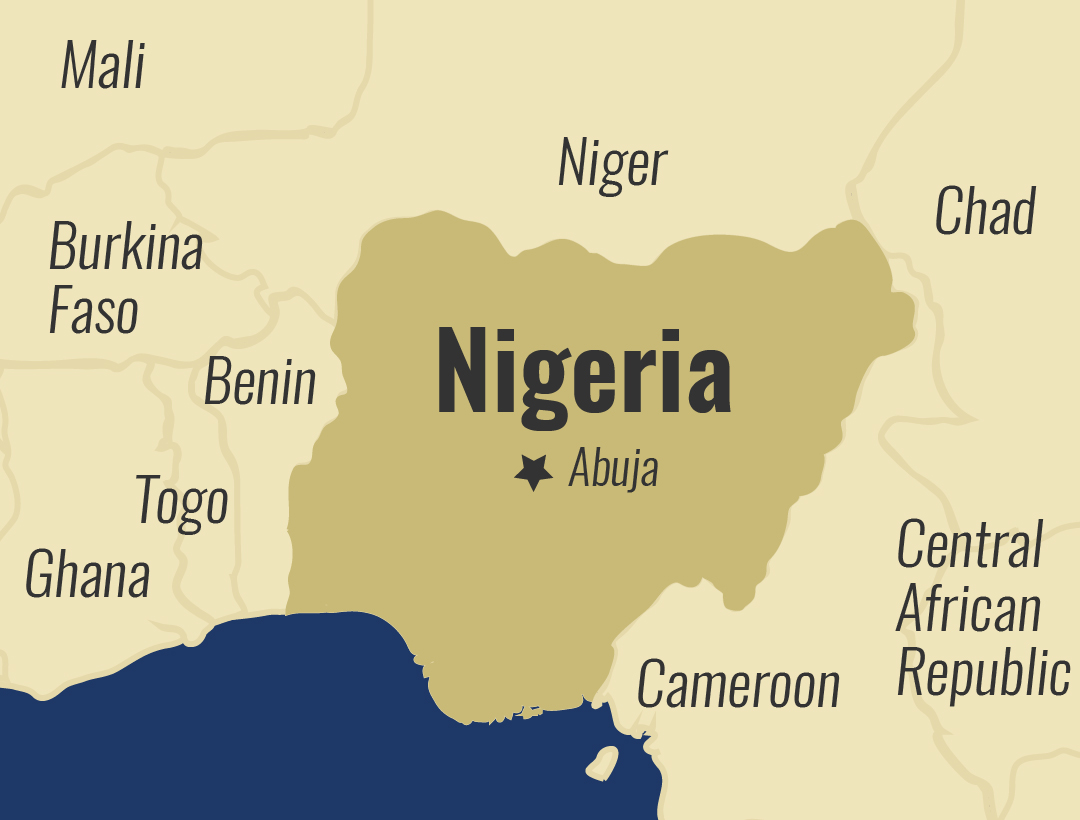
Nigerian displaced face jihadist attacks after returning home
Authorities in volatile northeastern Nigeria have been encouraging thousands of people displaced by jihadist violence to return home, even as bloody attacks persist.
On September 27, hundreds of people came back to Baga, a fishing town on the shores of Lake Chad in Borno state, six years after it was seized by Boko Haram.
Their return came shortly after the convoy of Governor Babagana Umara Zulum was ambushed by the IS-linked Islamic State West Africa Province (ISWAP) while he was making an assessment of the area. Thirty security personnel and civilians were killed.
Jihadists have seized swathes of territory in Borno, Boko Haram’s birthplace, forcing some two million to flee their homes.
Most of the displaced have moved into squalid camps in the regional capital, Maiduguri, relying on food handouts from international charities.
Like many officials before him, Zulum has insisted that the displaced “must return” to rebuild their homes and live a “dignified” life.
Since 2018, people have returned to five major towns where they typically live behind a defensive line of trenches to fend off jihadists.
But attacks have persisted. In August, hundreds of returnees were abducted in Kukawa in the Lake Chad region — they were taken from homes to which they had just been relocated by the authorities, two years after fleeing the violence.
In Baga, some of those returning say their new existence is just as bad as in the camps.
“We returned with the anticipation of leading a normal life but we realized we were returned to a bigger camp where we still rely on the same food handouts,” Gana Ibrahim told AFP.
“We can’t go to our farms or into the bush to fetch firewood and those who do so get killed or kidnapped by the insurgents.”






